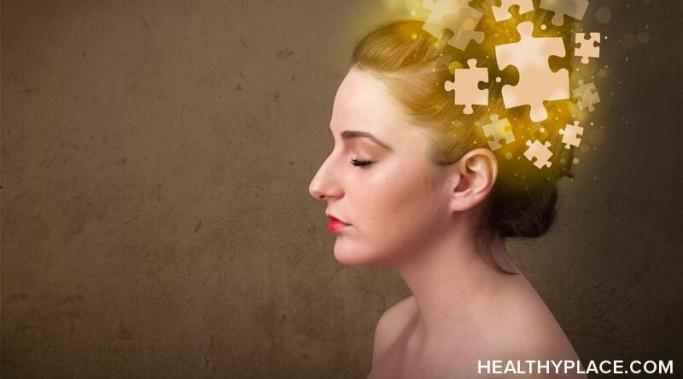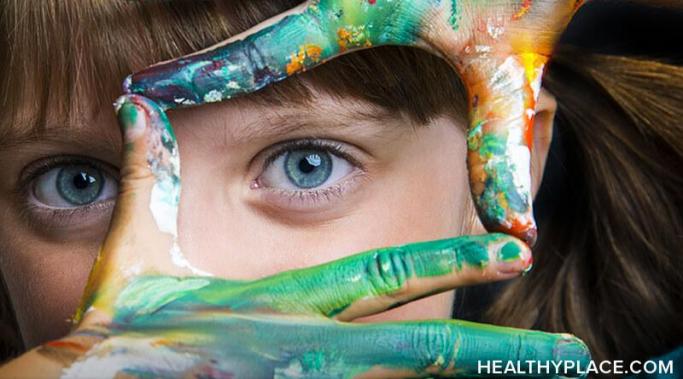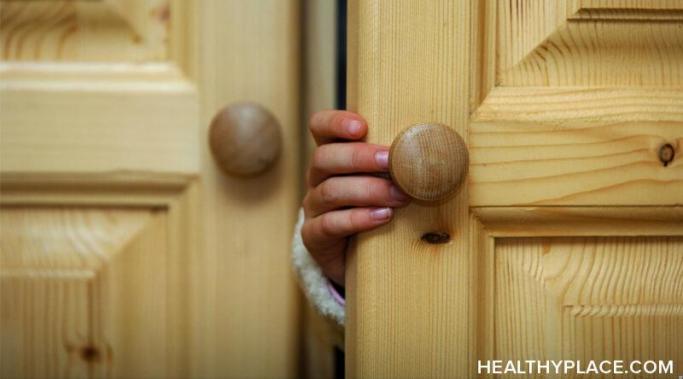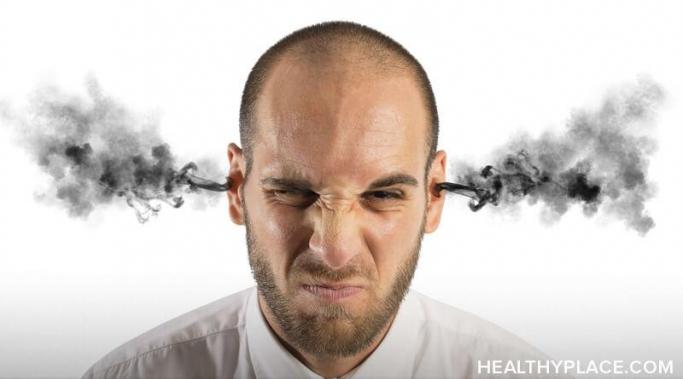Blogs
As we age, we become more self-conscious, and things about us that never really bothered us, like the shape of our nose, eyes, or height, become something we can't get past. This is common in teenagers, and why we must build self-esteem in teenagers and children. For the longest time, I felt my nose was ugly. It isn't a button nose which, according to society, is the perfect nose shape, and I always tried hiding it, even in pictures. I have managed to overcome this through the help of my friends and family, and now I love my nose and don't care what others say about my nose's shape or anything else about me. In this article, we will look into the various ways to build self-esteem in teenagers and children.
At times when devastation from earthquakes exists and legislative restrictions against women and minorities are rampant, I view eating disorder (ED) recovery as superficial and inconsequential. Why should I bother to prioritize my own mental health when so many others lack access to the most basic, essential resources? Who cares about some trivial anxiety in the wake of countless horrific tragedies? I know that's not the most constructive inner monologue, but these are my thoughts on ED recovery when the entire world feels heavy.
During my sophomore year of college, I discovered I was transgender nonbinary. I began experimenting with the way I presented my gender. For me, that meant being myself for the first time. And that was terrifying. The idea of having my internal sense of self in congruence with my external self felt like turning myself inside out.
I wasn’t surprised when I read a recent study that linked reading with a lower risk of depression. I’ve seen the mental health benefits of reading firsthand, and books are now one of the many tools I use to cope with depression. Reading boosts my self-esteem, distracts my thoughts, and reduces my stress—all contributing to alleviating my depression. Here, I’ll discuss why reading has been so therapeutic for me.
Until recently, I thought conspiracy theories and delusions were the same. That made me wonder why people who believe in conspiracy theories don't receive a diagnosis of mental illness. After reading numerous articles on the differences between conspiracy theories and delusions, I now better understand the difference between the two.
Here's a little-known secret about me: Ever since I was young, I have wanted to be famous. When I was a little girl, I first wanted to be a singer, then an actor, and finally, a writer. While singing and acting didn't pan out because I wasn't passionate about them, writing stuck with me. But I haven't yet achieved fame as a writer, and until recently, it made me feel bad about myself. Although I have made peace with this now, I see a lot of young people with a burning desire to be famous. And it hurts because I know this obsession can leave behind deep mental scars.
I talk to myself all the time. In fact, I don't think I know anyone who talks to themselves more than I do. It's an incessant, running commentary on my existence. It's like I have my own narrator — but not only are they saying what's happening, but they're commenting on it, too. The question is, if I talk to myself, is this a part of bipolar disorder?
Maintaining and improving your cognitive skills, or the ability to use your brain, is an integral part of living happily into old age. Your cognitive skills allow you to think, reason, and process information. Small changes in your daily routine can strengthen these abilities, boosting your brainpower, mood, overall wellbeing, and emotional state.
Many people are struggling with finances and self-esteem, and while these two might seem unrelated, they are actually deeply intertwined. Personal finances have a significant impact on self-esteem and vice versa. Most people fail to realize that the guilt, shame, and insecurity from poor money management can greatly affect their self-perception.
The media's portrayal of alcohol addiction hurts people. Last week there was an article on the front page of my local newspaper about a man who was publicly intoxicated. The paper printed his name, hometown, and mugshot for everyone to see. This story was the talk of the tiny, touristy town where I live. Everyone thought it was acceptable to mock this man who struggles with alcohol. After this media portrayal of alcohol addiction and the ensuing jokes, I found myself in a triggered tailspin.









